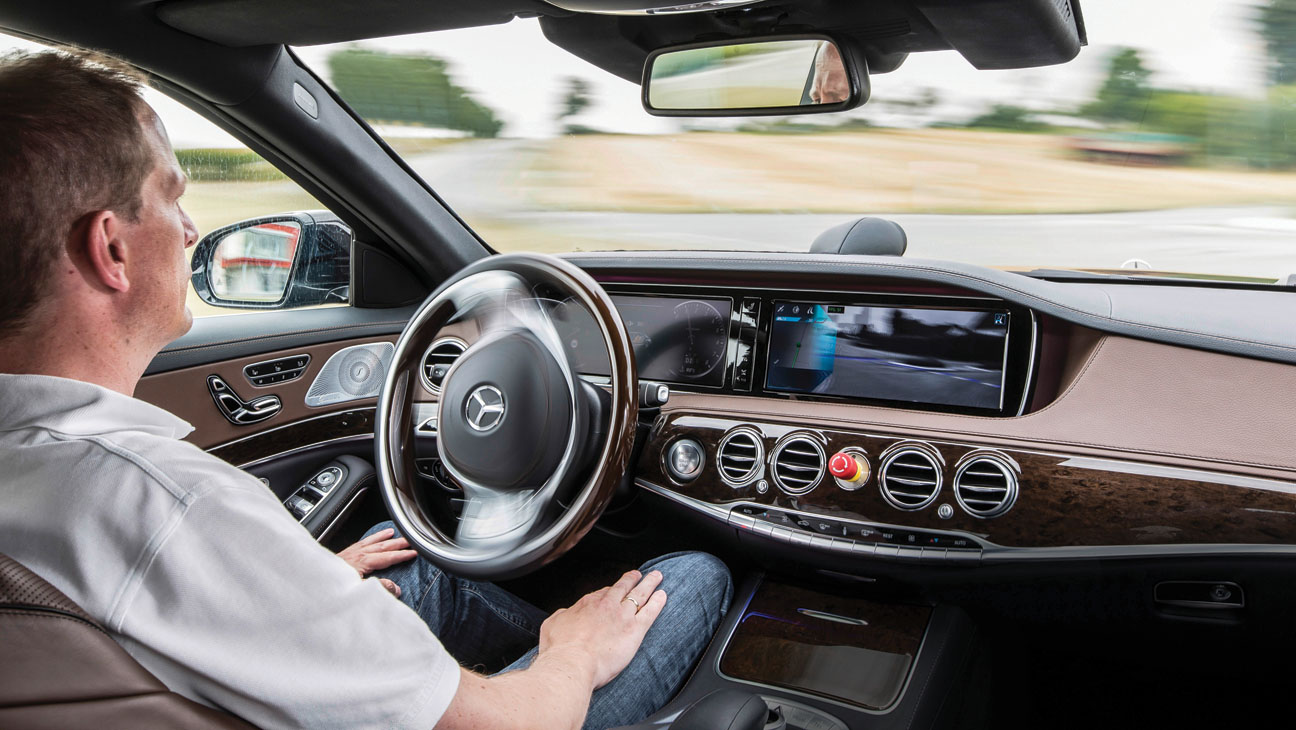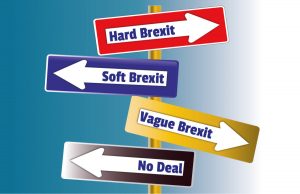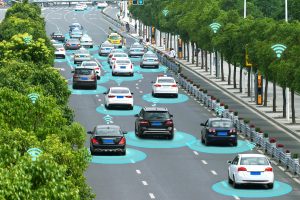 The world of Artificial Intelligence (AI) is rapidly evolving and becoming increasingly important in our lives. AI is a form of technology that enables machines to think and act like humans, and it has the potential to revolutionize the way we live and work.
The world of Artificial Intelligence (AI) is rapidly evolving and becoming increasingly important in our lives. AI is a form of technology that enables machines to think and act like humans, and it has the potential to revolutionize the way we live and work.
AI is already being used in a variety of ways, from self-driving cars to virtual assistants. AI can be used to automate mundane tasks, such as scheduling appointments or managing customer service inquiries. It can also be used to analyze large amounts of data and make predictions about the future.
AI is also being used to create more personalized experiences for customers. For example, AI can be used to analyze customer data and create personalized recommendations for products and services. AI can also be used to create more efficient and accurate customer service experiences.
It is also being used to create more efficient and accurate medical diagnoses. AI can be used to analyze medical images and detect diseases and conditions more quickly and accurately than humans. AI can also be used to analyze patient data and create personalized treatment plans.
Artificial Intelligence is also being used to create more efficient and accurate financial services. AI can be used to analyze financial data and make predictions about the stock market or other investments. AI can also be used to create more efficient and accurate banking services.
AI is also being used to create more efficient and accurate manufacturing processes. AI can be used to analyze manufacturing data and create more efficient and accurate production processes. AI can also be used to create more efficient and accurate supply chain management.
AI is also being used to create more efficient and accurate security systems. AI can be used to analyze security data and create more efficient and accurate security systems. AI can also be used to create more efficient and accurate facial recognition systems.
AI is an incredibly powerful technology that has the potential to revolutionize the way we live and work. As AI continues to evolve, it will become increasingly important in our lives.
chris@amberhill.biz

 The implementation of IIOT (Industrial Internet of Things) is transforming industry in many ways & one of the most interesting is in enabling companies to manage carbon reduction strategies & in doing so to make processes more efficient in terms of cost, quality & most importantly energy usage.
The implementation of IIOT (Industrial Internet of Things) is transforming industry in many ways & one of the most interesting is in enabling companies to manage carbon reduction strategies & in doing so to make processes more efficient in terms of cost, quality & most importantly energy usage. Wow!! – 2020 – you couldn’t make it up; so where are we headed in 2021?
Wow!! – 2020 – you couldn’t make it up; so where are we headed in 2021? A recent survey in
A recent survey in  What a couple of weeks! – the world has tilted on its axis & society has changed forever plunging millions into unemployment & causing thousands of deaths worldwide. In most parts of the world bustling cities have ground to a halt as people self isolate in their homes.
What a couple of weeks! – the world has tilted on its axis & society has changed forever plunging millions into unemployment & causing thousands of deaths worldwide. In most parts of the world bustling cities have ground to a halt as people self isolate in their homes. Regardless of one’s political views it is easy to see the current mire of Brexit is a classic example of how not to manage change.
Regardless of one’s political views it is easy to see the current mire of Brexit is a classic example of how not to manage change.
 ffer irreversible & catastrophic climate change.
ffer irreversible & catastrophic climate change.